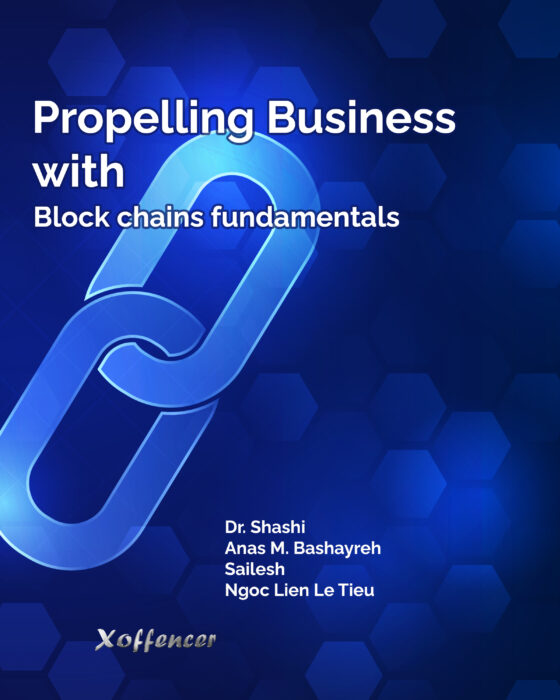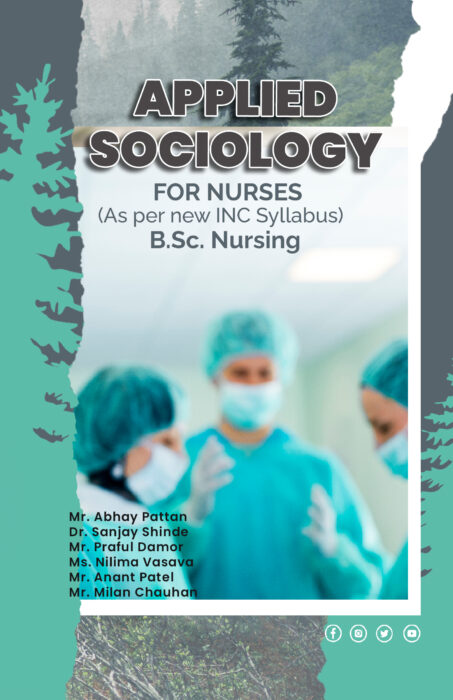Description
Business Intelligence (BI) and Extract, Transform, and Load (ETL) procedures are becoming more important to organisations in today’s data-driven economy. These processes are used to drive strategic decision-making and obtain a competitive edge. Within the context of facilitating business transformation, this chapter offers an examination of the crucial role that developing effective BI and ETL frameworks plays. Business intelligence systems are able to transform raw data into actionable insights that can be used to improve operational efficiency, customer engagement, and innovation. This is accomplished via the systematic collection, processing, and analysis of massive amounts of heterogeneous data and information. An emphasis is placed in the research on the architectural design of ETL pipelines that are scalable, adaptable, and real-time. These pipelines should guarantee that data is of high quality, consistent, and timely. It analyses contemporary data engineering approaches such as API integration, Change Data Capture (CDC), and stream processing, all of which make it possible to consume and convert data from a variety of sources in a seamless manner. In addition to this, the study emphasises the use of sophisticated analytics and visualisation technologies that provide stakeholders at all levels of the organisation additional leverage. This chapter explains, through the use of case studies and best practices, how well-engineered business intelligence (BI) and enterprise transaction flow (ETL) systems not only increase the accuracy of reporting and forecasting, but also allow proactive business plans, agile reactions to changes in the market, and continuous development. The results highlight how important it is to achieve alignment between data engineering and business objectives, governance regulations, and new technologies like as machine learning and cloud computing. The purpose of this work is to provide a thorough guide for data engineers, business analysts, and decision-makers who are interested in maximising the potential of their data assets in order to achieve real business change.









Reviews
There are no reviews yet.